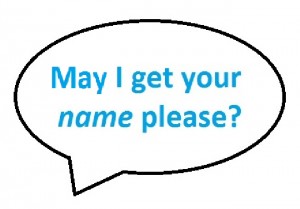Names are what we use to identify a firm or individual.
Hence, a name change is an action that requires a lot of thinking on and a decision that shouldn’t be made hastily. Why give up what has been established for something brand new? Specifically, “‘why would a company change its name’”?
The company, Achiever Inc., formerly known as, I Love Rewards Inc., did exactly that; they changed their name.
Name changes are often an effective way to remarket the brand or to better reflect what the brand represents. There are also cases where a name change occurs due to copyright infringements. However, once a company has successfully changed its name and perhaps its image as well, it can lead to a change in the brand’s position. In this way, the brand may be relabelled in the consumers’ views as a new product catering to a different consumer group. Difficulties with a new change includes: rebuilding the brand to the previous level and regaining consumer recognition.




